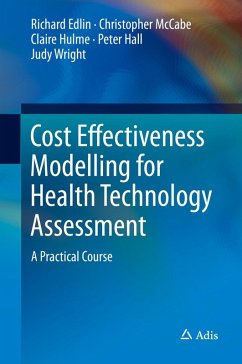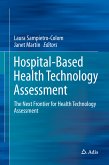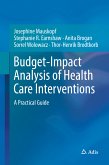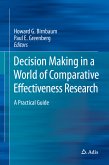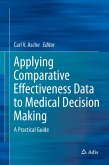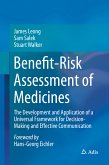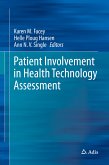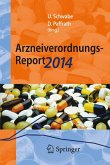Given the complex nature of cost-effectiveness modelling and the often unfamiliar language that runs alongside it, we wanted to make this book as accessible as possible whilst still providing a comprehensive, in-depth, practical guide that reflects the state of the art - that includes the most recent developments in cost-effectiveness modelling. Although the nature of cost effectiveness modelling means that some parts are inevitably quite technical, across the 13 chapters we have broken down explanations of theory and methods into bite-sized pieces that you can work through at your own pace; we have provided explanations of terms and methods as we use them. Importantly, the exercises and online workbooks allow you to test your skills and understanding as you go along.
Dr Richard Edlin, PhD is a Senior Lecturer based within the Health Systems section of the School of Population Health, University of Auckland, New Zealand. Richard has published within both economics- and clinically-focused journals, including the top field journals in health economics. Much of his research involves cost-effectiveness analysis. Richard leads teaching on postgraduate cost effectiveness.
Professor Christopher McCabe, PhD, holds a Capital Health Endowed Research Chair at the University of Alberta, having previously held Chairs at the Universities of Leeds, Warwick and Sheffield. He is on the health economics working group for Canadian Agency for Drugs and Technologies in Health (CADTH). He
has acted asa consultant for public and private sector organizations in Europe, North America and Australasia; most notably with NICE in the UK. His primary research interest is in the development of efficient research and development processes for biotherapies and devices in the context of value based reimbursement market access hurdles.
Professor Claire Hulme, PhD, holds a Chair in Health Economics and is head of the Academic Unit of Health Economics at the University of Leeds. She is on the National Institute of Health Research Health Technology Assessment Commissioning Panel in the UK. Her research interests lie in the economic evaluation of community programmes spanning the health and social care sectors, particularly economic evaluation alongside clinical trials.
Dr Peter Hall, MBChB, PhD, is a Senior Clinical Lecturer at the University of Edinburgh and a visiting Health Economist at the University of Leeds. He practices as a medical oncologistwith an interest in breast cancer. His research interests include the use routine healthcare data, clinical pathway analysis and Bayesian decision modelling to inform efficient research design. He has an interest in the economic evaluation of diagnostic tests and personalised medicine strategies. He is a past National Institute of Health and Clinical Excellence Scholar.
Judy Wright, MSc is a Senior Information Specialist and a qualified Librarian. Within her current role she leads the development of health research information support with a team of Information Specialists located within the Academic Unit of Health Economics, University of Leeds. Judy manages a portfolio of activities supporting health economics research that includes custom-made literature searching, reference management and search methodology advice.
Dieser Download kann aus rechtlichen Gründen nur mit Rechnungsadresse in A, B, BG, CY, CZ, D, DK, EW, E, FIN, F, GR, HR, H, IRL, I, LT, L, LR, M, NL, PL, P, R, S, SLO, SK ausgeliefert werden.
"An excellent addition to the increasing textbook options in the field of economic evaluation in health care. It fills an important gap in terms of a more practical focus on the application of the concepts and theoretical principles underlying the discipline. ... It will be best used as either a stand-alone text for a short course for health care decision makers to understand the application of the discipline or as a companion text for introductory graduate courses in economic evaluation." (Doug Coyle, PharmacoEconomics, Vol. 34 (4), April, 2016)

